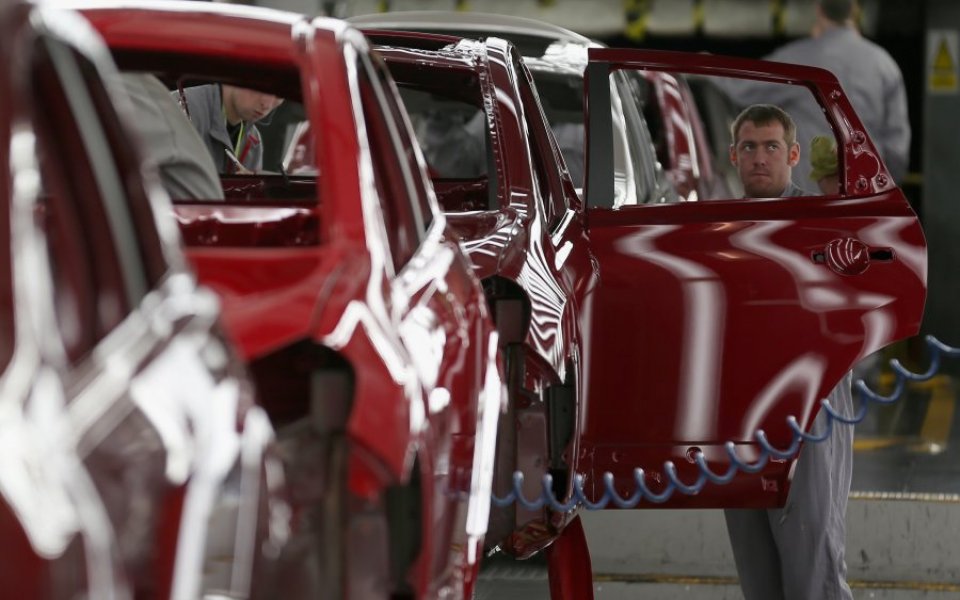The morning after Brexit: Why the UK should embrace free trade whatever deal it gets

Quick recap. Last week I examined the three key aspects of our economic relationship with the EU (direct payments to the EU financed through higher UK taxation, the customs union, and the Single Market). Direct payments to the EU are obviously a cost. I also argued that the common external tariff (customs union) was negative as well – due to the negative impact of consumers and producers paying well above world prices, trade diversion from more efficient suppliers, and resource misallocation.
This means that the positive effect of trade creation from the customs union, together with the wider Single Market, needs to be very substantially positive to offset the two negatives. And the positive influence of Single Market activities also needs to offset the negative impact of damaging Single Market regulation. The end result, in my view, is that it is difficult to get a net positive number for the total EU cost-benefit analysis.
The problem with this analysis is that it is about now, not the morning after a vote to leave. The morning after, we would be beginning a journey out of the customs union and Single Market. This is where Project Fear makes people fearful. Project Fear highlights two key success stories, cars and the City, and argues that both will be hammered by leaving the EU. The suggestion is that car manufacturers will be hit by a 10 per cent tariff on exports to the EU, and the City will be hit by damaging Single Market legislation which will force activity from London to the continent.
Of course, if people perceive the wider economic benefits of leaving to be very considerable, they will accept some costs. But it’s difficult to believe that the general public will think there are clear economic benefits to leaving, unless these two sector issues are resolved satisfactorily in their minds.
The 10 per cent tariff threat is actually a very powerful signal to leave. It’s telling people that, inside the EU, we have to pay well above world prices for cars because of the common external tariff.
But that aside, how do you deal with this charge? Surprisingly, for me, with a quote from Paul Krugman: “If economists ruled the world, there would be no need for a WTO. The economist’s case for free trade is essentially a unilateral case – i.e. it says that a country serves its own interests by pursuing free trade regardless of what other countries do.” There is probably more agreement on this than any other area of economics. This means that, even if we can’t negotiate a favourable withdrawal agreement (there are arguments both ways; that we will be able to, that we won’t), there is a robust case for going alone and trading at world prices. By pursuing our comparative advantage, we can maximise productivity and future prosperity, whether it be in cars or financial services.
It would no doubt help as well if we used some of the money which goes to Brussels to begin lowering taxation. Easing the regulatory burden, or less reregulation outside the EU, would also have positive effects. Yes, relative measures of labour, and product market regulation, show the UK performing well, but this ignores the potential for absolute improvement. Too much regulatory policy in the EU operates on the basis that, in the land of the blind, the one eyed man is king.